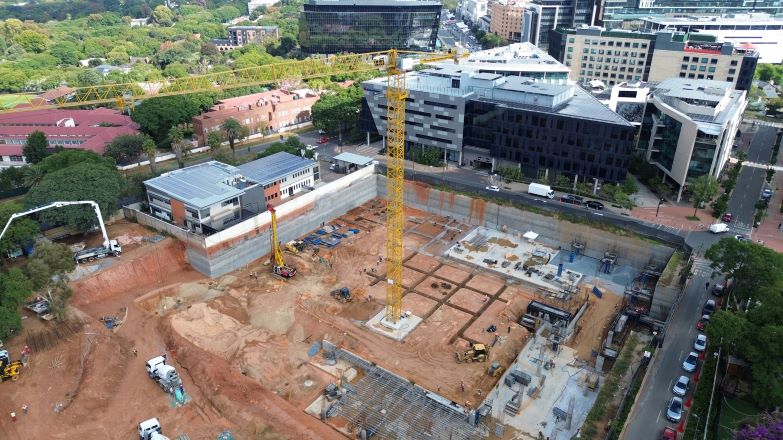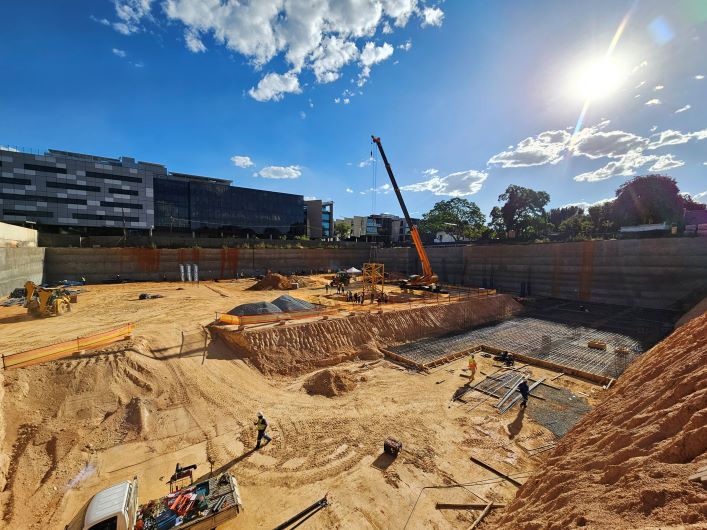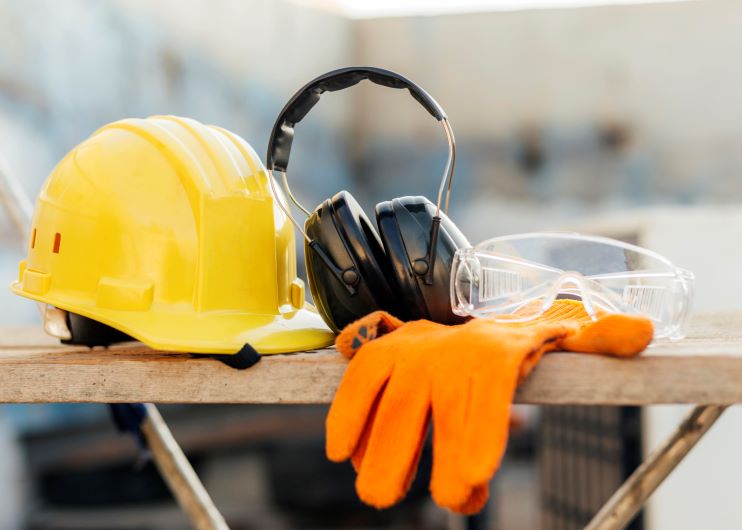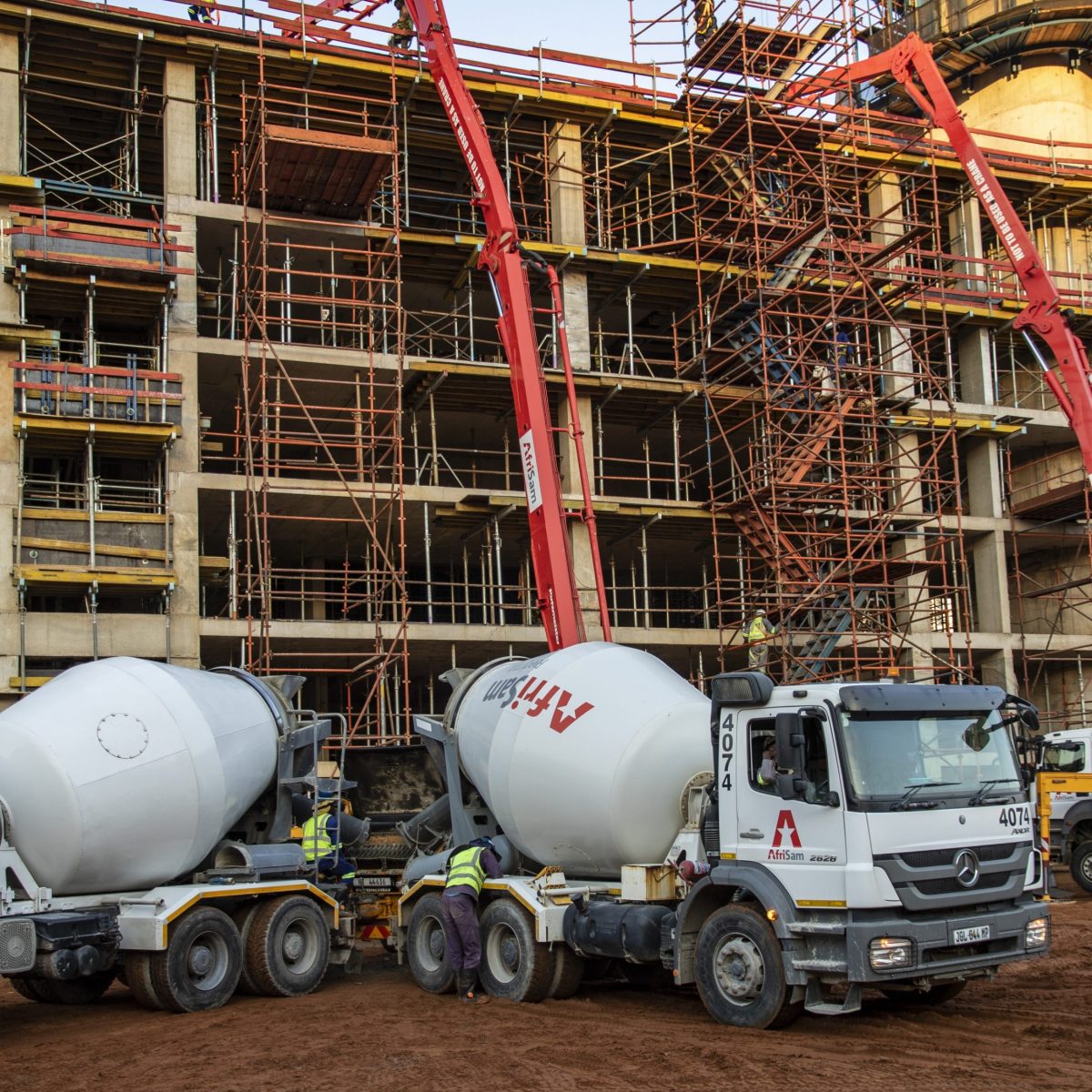
Concrete Trends Issue 3, 2021, is honoured to have Afrisam as it’s cover story A true giant of Africa, Afrisam Cement is a big reason behind the resilience of South Africa’s built environment.
It’s all about quality
By ensuring that a high quality of cement is used in infrastructure, South Africa is investing for a stronger future, according to Richard Tomes, sales and marketing executive at construction materials leader AfriSam.
“With our history going back 87 years, AfriSam has sustained a significant focus on quality which today pays dividends in terms of the structures relied upon by our people and our economy,” says Tomes. “By putting the best quality materials, expertise and technology into our products, we pave the way to a brighter and more reliable future.”
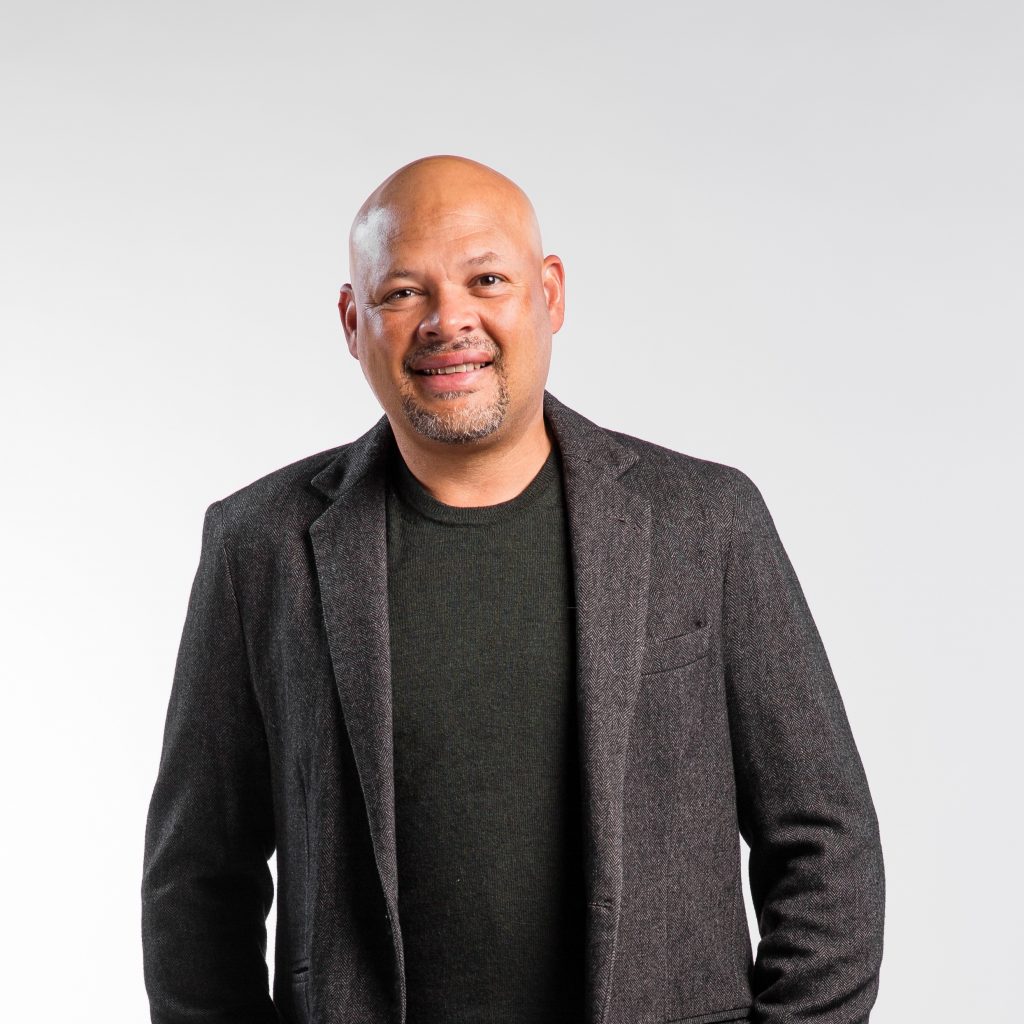
The drive for quality is closely linked to being fit-for-purpose, he says, by ensuring that a range of cements is available for defined applications. In the housing sector, AfriSam has raised the bar with the quality of its All Purpose Cement so that it can be used for a number of purposes within this segment.
“Contractors and home owners want to rely on a cement that will last, so that problems like cracks in walls do not occur,” he says. “At the same time, there may not be a high level of expertise among some users in this market, exposing them to a potential risk if they choose the wrong cement for the task.”
Mixing concrete with a cement that has been developed only for plastering, for instance, could compromise the integrity of the structure. To avoid this risk altogether, AfriSam’s All Purpose Cement meets a high spec that allows it to be used for any home-building application.
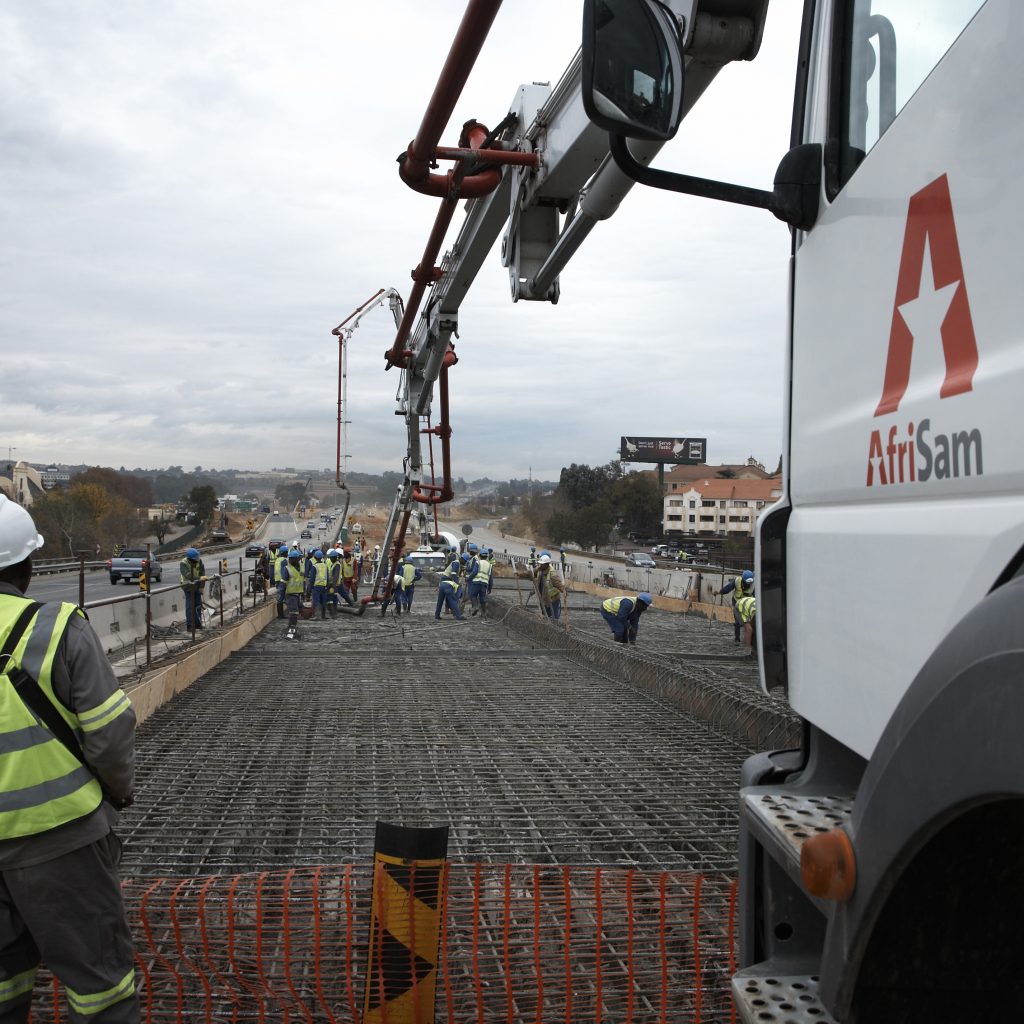
“Road building is another application where quality cement brings many benefits that end-users seldom even see or think about,” he says. “AfriSam’s Roadstab is a specialised cement that allows contractors to create a strong foundation for longer road life, while also giving them delayed setting time to conduct the necessary mixing and compaction.”
By the same token, large structures need a cement which will reduce the heat differential between the inside and outside of a large concrete mass so that cracking does not occur. Special cements to achieve this have allowed South Africans to build vital structures like dams and wind farms, vital to our economic development.
“As we start to experience the global challenges of climate change, it is not enough to focus just on the quality of cement products themselves,” says Tomes. “We need to innovate the process of how we manufacture these products, for a more sustainable future.”
He highlights that AfriSam’s commitment to both people and the planet have ensured that quality processes have reduced the company’s carbon emissions to well below the international average for cement producers. It has even contributed to water savings by developing cements that consume less water when mixed to produce concrete.

